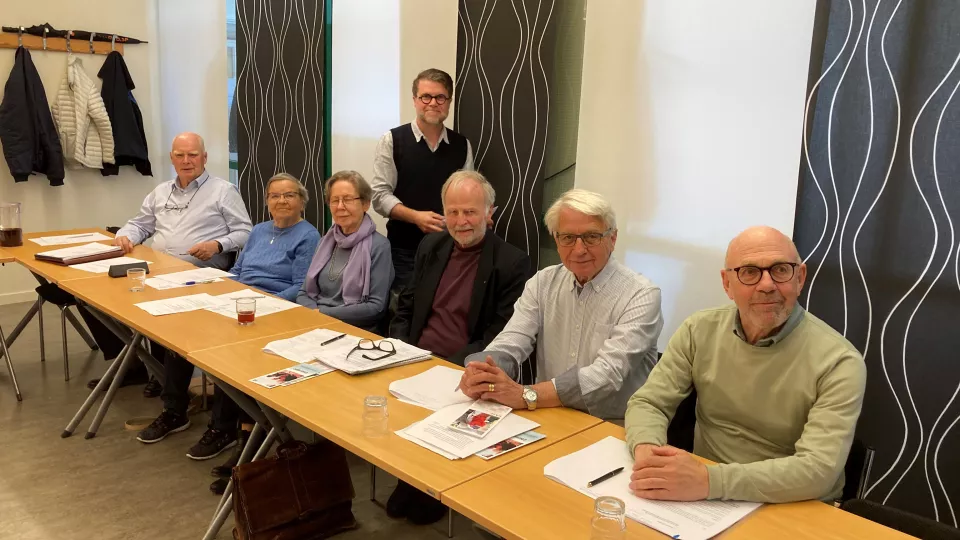User involvement in research has rapidly increased and is often a precondition to obtain research funding. Benefits such as effectiveness and increased relevance of research are described in the literature but the evidence to support this is weak. Little is known about ageing and health researchers’ experiences and perspectives towards user involvement in research, and their attitudes to user involvement compared to the attitudes of the users involved are largely unknown.
Objective of the article: To examine researchers’ experiences and perspectives of user involvement in research on ageing and health, and to compare their attitudes toward user involvement to the attitudes of older adults in the general population. Methods: A panel study survey was used to elicit responses from researchers in ageing and health as well from older adults (aged 60 years and older).
The researcher sample (N=64) completed the survey online while the older adult sample (N=881) could choose between three different options to complete the survey (online, paper format, telephone). A professional survey company collected the data. Descriptive statistics, exploratory comparisons and descriptive qualitative content analysis were used to analyze the data. Results: More than half (58%) of the researchers had previous experience of involving different categories of users in a wide range of research activities.
The most frequent motivation for involving users was to ensure that the research produced is relevant to the target population.
A majority (86%) reported benefits, and more than half (59%) described challenges. Differences in attitudes were found between researchers and older adults in the general population.
Conclusions: Ageing and health researchers involve users in their research to improve quality and ensure relevance, but there is no consensus among them whether users should be involved in publicly funded research.
While several challenges were identified, training, institutional support and resources from funders could alleviate many of these. Findings reveal significant differences in attitudes between older adults in the general population and researchers. Further research with comparable larger samples is needed to confirm and understand the possible consequences such controversy might have and how to solve them.
Authors:
Maya Kylén, Björn Slaug, Oskar Jonsson, Susanne Iwarsson, Steven M Schmidt
